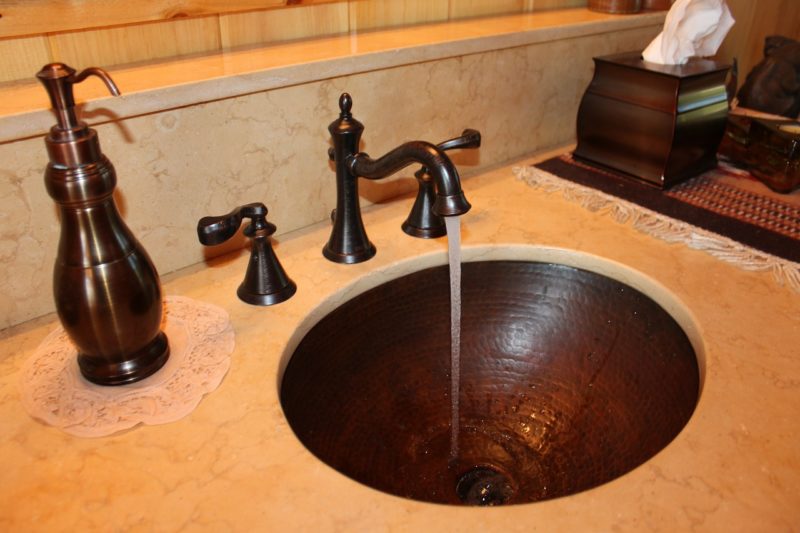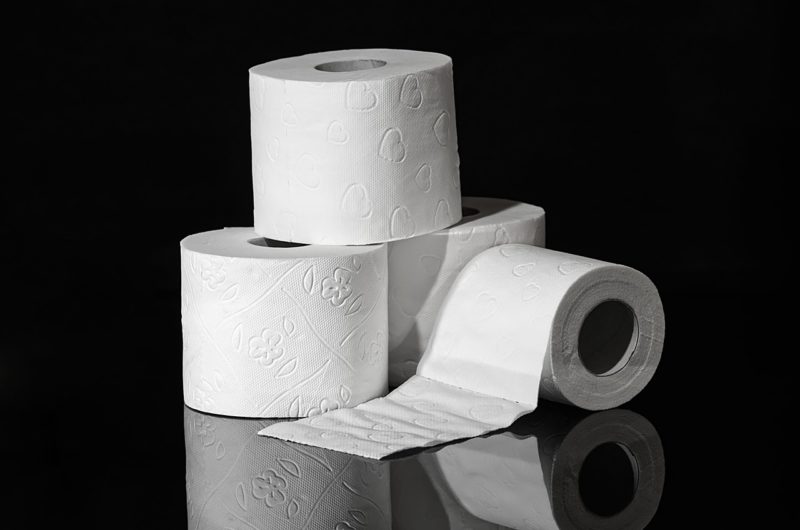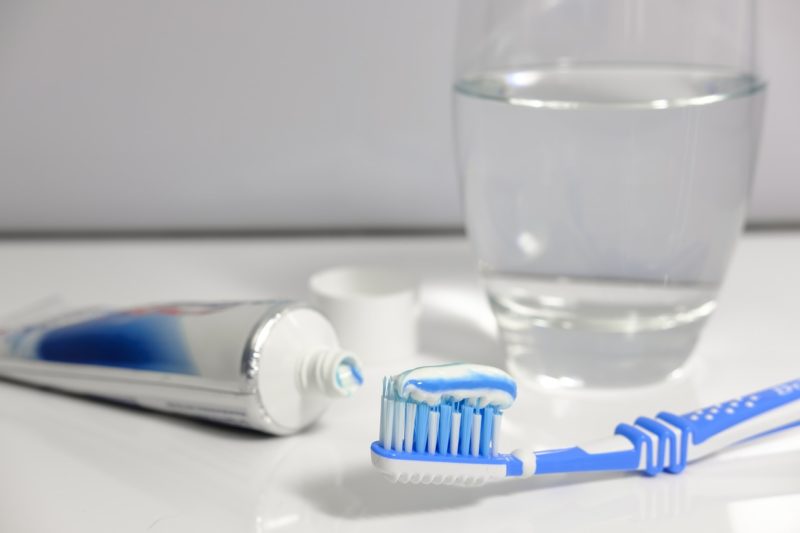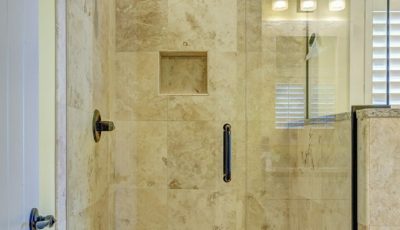4 Ways You Are Wasting Money in the Bathroom Every Day
One of the biggest places you waste money is in the bathroom. Between all of the various products for hair, teeth, your face and skin, and so on, consumers spend a hefty sum every year just on hygiene alone. However, not all of the money spent there is completely necessary. You could be throwing money down the drain with bad bathroom habits, which can also put greater strain on your budget. Here are four ways that you might be wasting money every day in the bathroom.
Letting Water Run
If you’re like many people, you probably have the bad habit of letting the water run while brushing your teeth. Reference.com states that you waste approximately five gallons of water each time you brush your teeth with the water running, which equates to around 3,650 gallons per year. The problem is even worse if you’re running hot water when you’re not rinsing your mouth or toothbrush. The added energy cost that is wasted on that hot water makes the wasted utilities cost dual-fold. During times when you’re in the process of brushing your teeth and not rinsing, it’s best to leave the water off to save money.
Using Double vs Single Toilet Paper Rolls
Toilet paper that comes in double rolls isn’t always necessary for adequate hygiene. Single toilet paper rolls are often cheaper and usually come in single ply measurements totaling two square meters as opposed to double roll plies that typically measure only 1.5 square meters. In fact, many companies that advertise having twice the amount on a single roll do this typically by reducing the size of their normal rolls. Much of this “extra” toilet paper comes in width, as well, which does little to nothing in reducing how much you use per roll. The idea behind this is to make sure that you run out faster so that you go and buy more. Even though switching to single toilet paper rolls might not seem like a significant way to cut expenses, the savings could add up if you have multiple bathrooms in your home that several household members use.
Taking a Hot Shower Every Day
Not only does taking a hot shower every day cost you more, it can also be bad for your skin and hair. Dermatologists advise that you reserve bathing and showers for two to three times a week to avoid stripping your hair and skin of valuable oils. If you don’t, then you end up spending even more money on moisturizers and lotions to replace those natural oils that you’ve lost. On colder days, you’ll likely be tempted to stay in a hot shower longer, which can waste additional money as it puts strain on your water heater. The best way to prevent this strain, besides shorter showers, is to get a tankless water heater installation, as these heat the water as you use it rather than fighting to heat an entire tankful at a time. This also ensures that you are only heating water that will be used, rather than wasting energy keeping a tank of water hot when not in use.
Using Too Much Soap and Toothpaste
You’re likely using more soap and toothpaste than necessary for proper personal hygiene. You might think that squirting extra amounts of bottled hand soap, body soap and shampoo will get you cleaner, but doing so can be an unnecessary waste of money. For cleaning your skin, only the amount it takes to create a lather, less than a pea-size, is needed to kill harmful bacteria. Anything more than this has no added benefits whatsoever and just wastes soap. Wrapping rubber bands around the necks of your soap dispensers can keep you from squirting out too much in a single pump. As for toothpaste, only a very small pea-size is necessary, especially if you brush thoroughly. What is more important than the amount you use in terms of toothpaste is that you spend at least two minutes brushing, both to remove food particles and to let the toothpaste have time to rest against your teeth.
When so much money goes into personal hygiene products, it’s important to take steps to ensure that you aren’t wasteful with them. Less is more in terms of daily product use, both for your wallet and your health. Take some time to evaluate your daily routine and make sure that you aren’t losing money where it isn’t needed.













